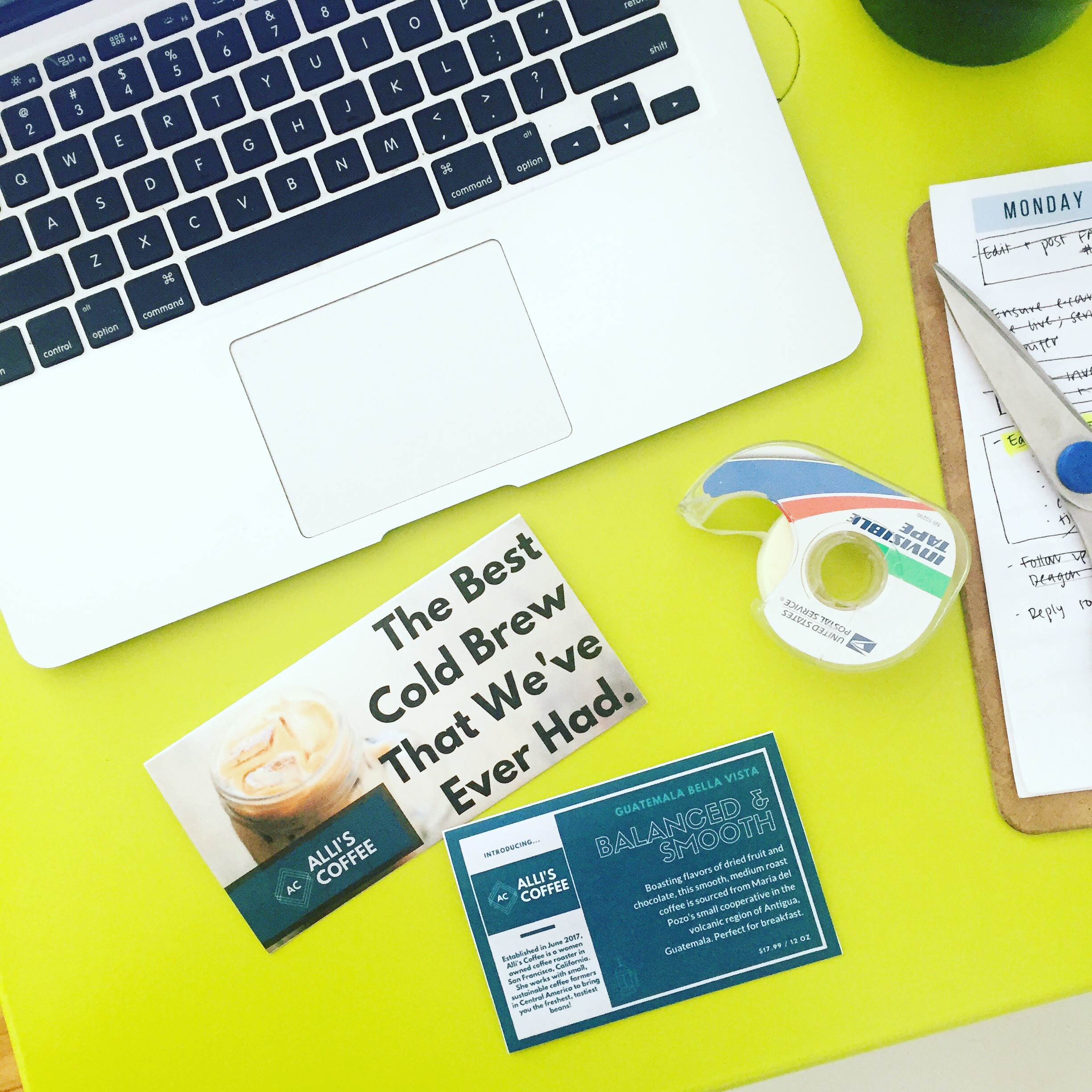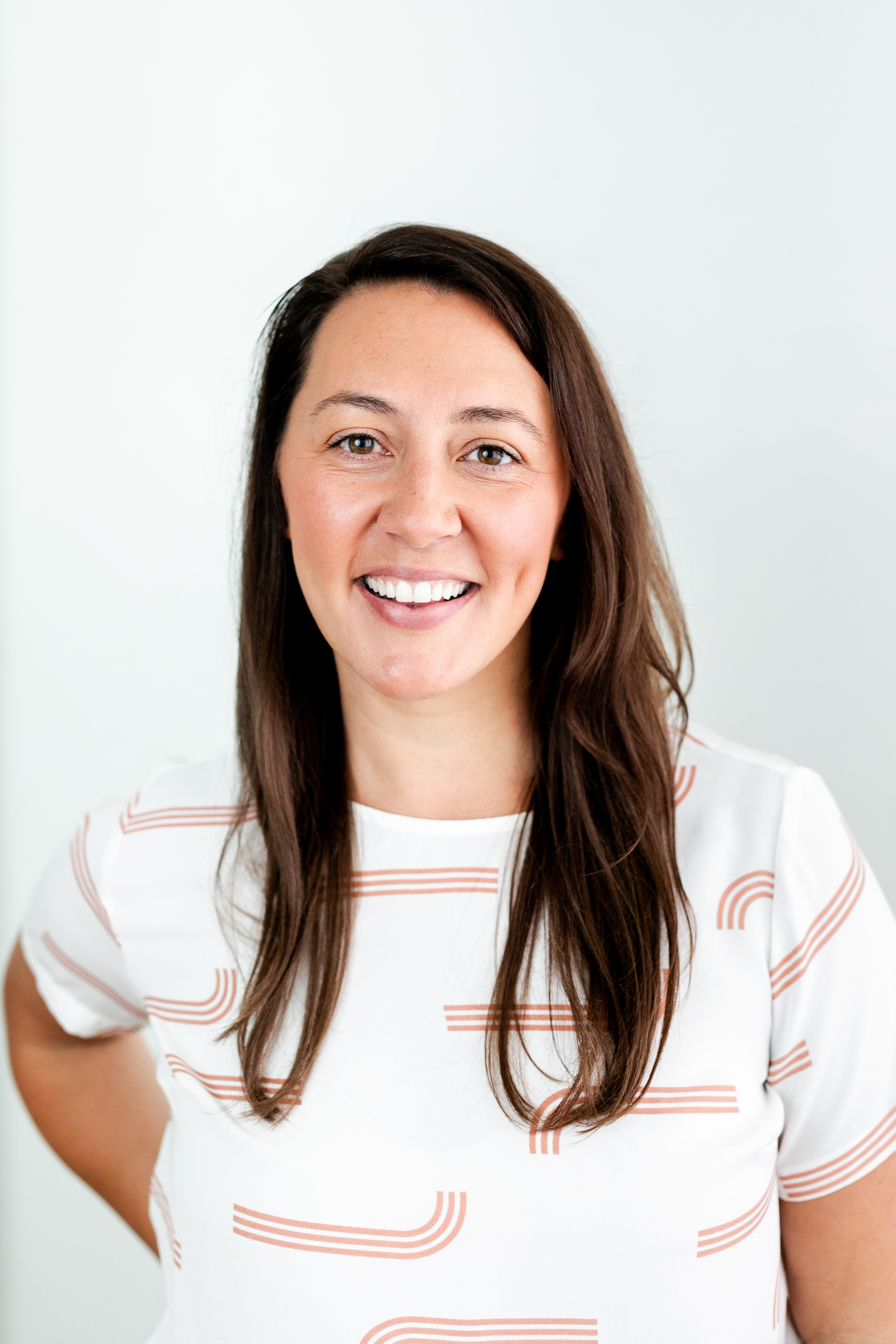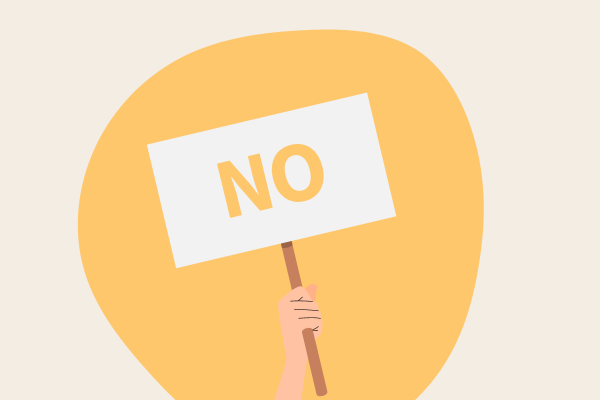5 Reasons Why a Buyer Says "No" to Your Product (And How to Change it to a "Yes!") 5/24/2023

“We don’t work with your distributor.”
“We already carry something similar on our shelves.”
“You just missed your category review….”
Sound familiar? There are countless reasons why a wholesale buyer says no to your product line – or even worse, never responds to your sales pitch in the first place. Today I’m sharing the top 5 reasons why a buyer says no, and how you can craft a rebuttal that shifts their thinking and lands you on that dream retail shelf every time.
Why do we care about the reasons why a wholesale buyer says no? It’s simple: we must anticipate the rejections and prepare for the OBJECTIONS so we can make a plan on how to overcome them. Once you know what a buyer might say (or not say!) about carrying your product line, you can figure out how to craft a rebuttal that works every single time, for every single situation.
5 common objections from buyers
Here are some of the most common objectives brand founders hear when pitching to wholesale buyers:
- Their products are too expensive and likely won’t sell on our shelves.
- They already carry something similar: or they already have that category covered with their current assortment.
- They don’t work with your distributor, and/or don’t have the capacity to purchase directly from you, and are not willing to add in a new order and receiving process just to work with your brand.
- The category review has passed and they don’t have the capacity to review your pitch.
- They don’t trust you or your brand, and don’t believe it’s worth it to bring in your product line.
While a buyer may never utter the words “I don’t trust you,” it’s critical that you realize that any other “no” is just a version of this sentiment. No matter what the buyer claims the reason is for not bringing in your product line, the underlying reason is that they don’t trust that your product is going to help them hit their category goals. Simply put: if you hear any of the above excuses as a “no” it’s actually because they don’t trust you and your brand.
Why don’t they trust you? It’s because you haven’t convinced them that you’re trustworthy, and you haven’t conveyed that you’re going to help them achieve their category objectives. Your sales pitch is missing critical information that creates trust.
So if you hear “We don’t work with your distributor and we don’t have the capacity to buy direct,” that buyer is really thinking to themselves, “I don’t trust that it’s going to be worth the hassle of adding on a new distributor, or figuring out the logistics of dealing with you directly.”
It’s crucial that you recognize this, and that you remember the REAL reason why buyers bring in new product lines: it’s to help them meet their buying goals. Typically those goals are around increasing sales in the category, padding margin in their category, reducing spoilage, or some other MEASURABLE metric for their category. Buyers do NOT bring in new products because they’re delicious, have trendy packaging, or are sustainably made. While all those things can factor into their decision about whether or not to carry your product line it’s the buyer’s metrics that matter over how delicious your almond butter is.
That is why a buyer says no: because they don’t trust you. While that might seem like a hard reality, the great news is that now that you know this, you know how to fix it.
Turning the “no” into a “yes”
In order to turn that “no” into a yes, you must identify WHY that buyer doesn’t trust that you’ll help them meet their category goals, and address it head-on with a thoughtful, succinct response.
For example, if the buyer says, “We used to carry a similar product and it just didn’t sell well on our shelves,” you know the buyer doesn’t trust that your product is going to hit their velocity goals. What can you say to persuade them that you will?
You could acknowledge how your sales outpace the brand they used to carry, and show the sales data to prove it. You might craft the story of how your marketing efforts attract a NEW audience to their store. You could share your promotional budget, and strategy for driving trial. You can point out your different price points, and how you’re 25 cents less expensive than the best-seller in that category. There are countless ways that you can build trust with that buyer, but it takes creative thinking, and an understanding of WHERE the trust is missing in the first place.
So remember: no matter which “no” you get from a buyer, it usually goes back to the issue of trust: Trust that you’ll be an easy-going, thoughtful vendor who helps that buyer hit their category goals. Show that buyer how you’ll do that in your sales pitch, and you’ll be much, much closer to getting a “yes” from that first interaction.
—-------
Editor’s Note: Allison Ball offers brands a free workbook on 100 Wholesale Buyer No’s, that includes a list of 100 reasons why a buyer might say no to your product line, or never calls you back in the first place. It will help you to anticipate the NO and prepare your rebuttal. Download the ebook here.
Comments
Nice article but not all of this would apply to a larger mass retailer. Often, category reviews are set in stone and that is a valid reason to discuss an item at a later time even if there is interest. Secondly, it is preferred to buy direct. Thirdly, if they are telling you the price is too high it is likely not a "trust" issue but that your price is truly over the top of what they are seeing elsewhere in the market and unless the customer recognizes some value add that you have over other brands, you should look deeper at your costing model (improve sourcing of raw material, packaging, efficiencies in transportation, etc.).



Alli Ball is the founder & CEO of Food Biz Wiz and creator of Retail Ready®, an online program that has supported over 2,500 brands as they grow their wholesale accounts and put their sales systems in place. To find out more about Alli, her philosophy of growing CPG brands, and her tough love from her time as a grocery buyer, join her on-demand Wholesale Success System training. Watch it at http://www.alliball.com/masterclass